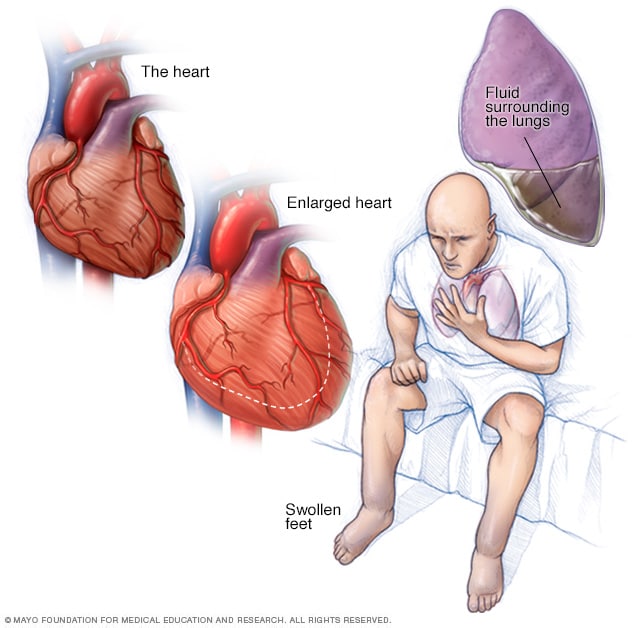In order to have full access to this article, email us at thedocumentco@hotmail.co.uk
Red No: 5055

Introduction
The physiological defect in a heart failure is a decreased in a cardiac output and the major indications are fatigue and dyspnea. Heart failure can be associated with simple loss of the myocardial function and frequently associated with the chronic hypertension, coronary artery disease, vulvular disease and a variation of cardiacmyopathies. The drugs which are used in the cardiac heart failure re categorized into three major groups:
- Positive inotropic drugs such as cardiac glycoside
- Vasodilators such as nitroprusside, nitrates and hydralazine
- Miscellaneous drugs for chronic failure such as loop diuretics, beta blockers and ACE inhibitors
CARDIAC GLYCOSIDE:
- Drug Discovery
For congestive heart failure, digoxin is one of the choices for the centuries and remains the best for the treatment of myocardial dysfunction. The recent studies in the bioanalysis of the digoxin have been successfully applied to measure digoxin in preclinical, clinical and mechanistic studies (Filion, 2016).
- Mechanism of Action
The primary biochemical mechanism of action of cardiac glycoside is the inhibition of the sodium potassium ATPase pump of the cell membrane, it results in the little increase in the sodium inside the cell that lead to alter the driving force of the sodium calcium exchange by the exchanger, the calcium which is increased inside the cell start to store in the sarcoplasmic reticulum and increase the contractile force upon release (Pitt, 2014).
Fig: 01 Mechanism of Action
- DRUG INTERACTIONS:
Quinidine (class 1 antiarruthmic agent) causes decrease in the digoxin clearance and increase in the serum digoxin concentration, so digoxin dose should be adjusted. Amioderone, Verapamil also have the same effect (Kosiborod, 2017).
Whereas loop diuretics and thiazide diuretics are also added in the treatment of heart failure, and it may decrease the serum potassium and leads to the digitalis toxicity. Thus, for the digoxin, therapeutic drug monitoring is necessary especially in the patients of renal failure or patients that have some kidney problems.
Fig: 02 Illusions of Drug Interactions
PHARMACOLOGISTS OF HEART FAILURE:
As pharmacotherapy provided has convincing the significant improvement of overall drugs include digoxin, digitalis, but to further improve the therapy, the detailed information of the molecular events that results in changing their structure and function would be crucial.
- Drug Disposition:
There are many drug transporters which plays vital role to give the response and to deposit the drug, as in case of digitalis, drug metabolizing enzymes Cytochrome p450 plays an important part…..

Recent Comments